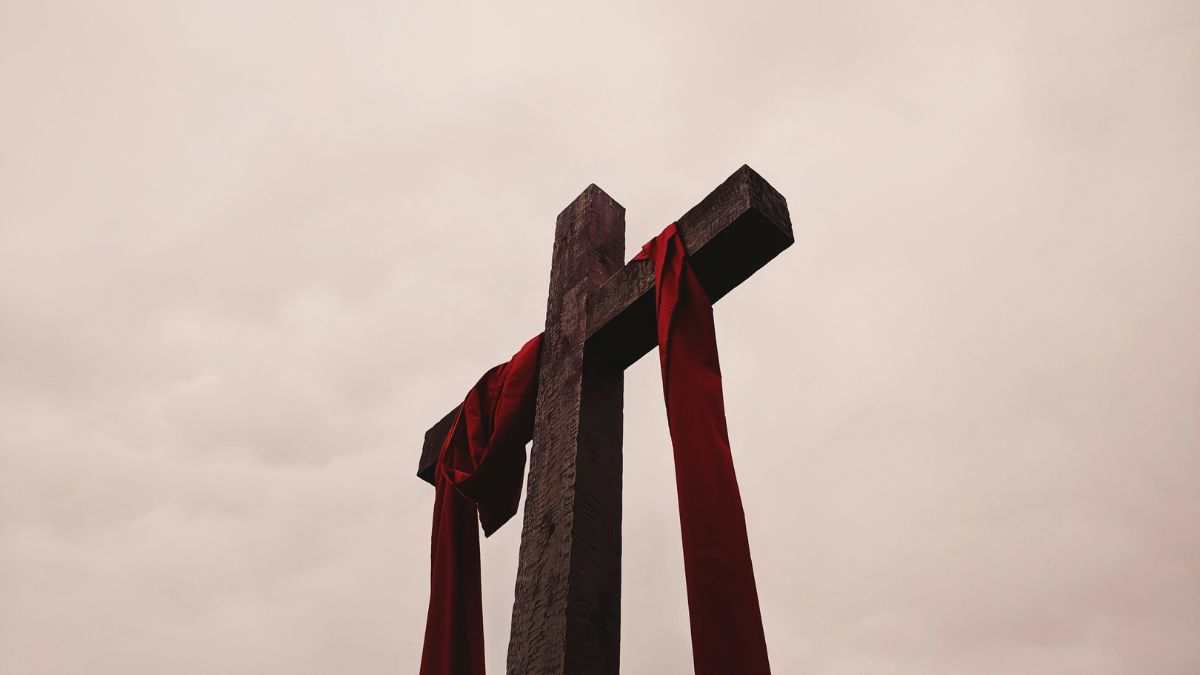

BreakPoint
True Confession?
Mea culpa--I have sinned. These are words rarely heard in politics. So several weeks ago, people were startled when Edward Kennedy offered a public confession. "I recognize my own shortcomings," Kennedy said, "the faults in the conduct of my private life. I realize that I alone am responsible for them." Senator Kennedy has lived under a cloud since 1969, when he left a young woman to drown at Chappaquidick. Since then, he's earned a reputation as a womanizer and heavy drinker. Now he's involved in his nephew's rape case. In fact, Kennedy has so compromised himself in sexual matters that when the Senate grilled Clarence Thomas about sexual harassment, he hardly opened his mouth. Afterward, his negative rating was a steep 54 percent--twice that of anyone else on the Judiciary Committee. Even friends and supporters began to murmur that Kennedy's personal life was interfering with his professional duties. That's when he decided to come clean. Some people say Kennedy's mea culpa was just political damage control. Maybe so. It was delivered with about as much passion as if he were reading the stock market news. Still, the confession was a significant admission for American liberalism: the first time a major spokesman has acknowledged the link between personal morality and the public good. The tendency in liberalism is to treat social issues as the only issues with a moral dimension. Global warming and dwindling rain forests--these are topics of great moral import. But whether you sleep around, and with whom--that's purely a matter of private choice. There are even some Christians who fall into the same moral schizophrenia: who denounce racism and poverty as great evils but show endless tolerance for divorce and homosexuality. They're more likely to comb their neighborhoods to register people to vote than to invite them to church. What's the root of this strange moral dichotomy? It began two centuries ago with the Enlightenment, when philosophers rejected the biblical doctrine of sin and began to teach that people are basically good--that only social structures are evil. If that's true, then to eradicate evil you don't have to change individual behavior--only social structures. Moral effort was redirected away from personal ethics, toward economics and politics. This idea became widespread in America through the counter-culture of the 1960s. Remember how the sexual revolution went hand in hand with social activism. Sex, alcohol, drugs--whatever you did in your personal life was your own business. But great moral energy was poured into the peace movement, the civil-rights movement, the environmental movement. That's why Kennedy's confession is so significant. Whether heart-felt or not, the fact that he felt constrained to make it reveals a crack in the old liberal code. It's a step in the direction of realizing you can't have social morality without personal morality. You see, the man who will cheat on his wife will cheat in his professional life. The man who has no self-restraint in his personal life will have no restraint in his political life. It's a matter of character. That's why Jesus said the one who is faithful in small things will be faithful in big things. Wouldn't it be ironic if Senator Kennedy--albeit unintentionally--were to bring America back to that great moral truth?
12/18/91















